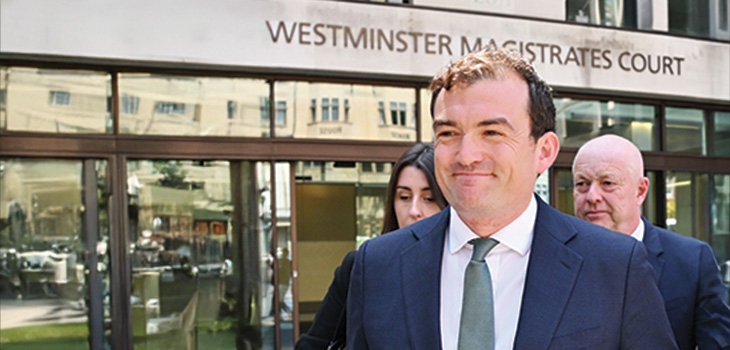
- R v Spencer concerned an independent MP who was charged with two counts of sexual assault.
- The chief magistrate exercised their common law power to make an order withholding the defendant’s residential address from being stated in open court.
- The Recorder of Westminster, HHJ Baumgartner, confirmed that ‘there cannot be any public interest in the defendant’s home address being aired in open court and reported publicly by the press’.
The principle of open justice is of paramount importance in ensuring that justice is administered in an impartial, fair and transparent manner. A search of the Westlaw Legal database reveals that up to 6 August 2025, there were 377 cases in which ‘open justice’ was a subject/keyword. This of itself demonstrates how often the courts have been called upon either to uphold the principle, or to accept that in the particular circumstances of the case









